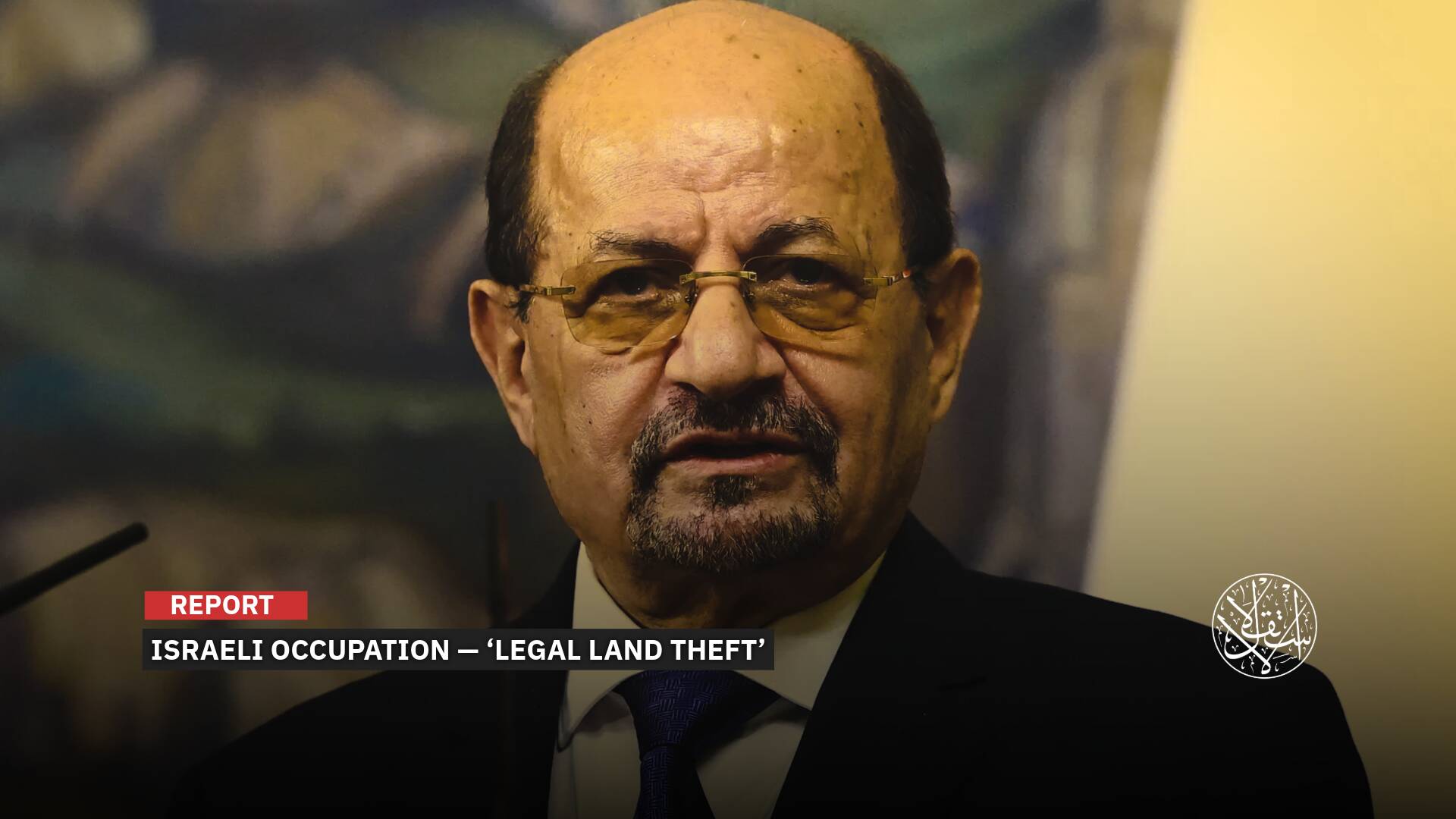Between Military Monopoly and Greedy Foreign Companies: Dairy Products Pose a Threat to Children in Egypt

“Calling manufactured sugar white poison is not an exaggeration.”
The film Life or Death, produced in 1954, stands as an icon of Egyptian cinema, especially with its unforgettable scene etched into the memory of Egyptians.
It was when the late artist Youssef Wahbi famously uttered over the radio: "From the governor of the capital to the citizen Ahmed Ibrahim residing in Deir el-Nahas, do not drink the medicine that your daughter sent for. The medicine contains deadly poison."
Years pass, and in 2024, from the drama of cinema to the dramatic reality of Egypt, there is no longer a governor for the capital (the governor being an old Egyptian police rank equivalent to the position of chief of police), and the poison has shifted from medicine to children's dairy products.
On April 18, 2024, a European investigative report revealed that Nestle, a food industry company, added sugar and honey to its infant milk formula NIDO and cereal products Cerelac sold in countries in Africa, Asia, and Latin America, while it's confirmed that these products are sugar-free in their home country of Switzerland and major European markets.
The investigation, conducted by the Swiss investigative organization Public Eye in collaboration with the International Baby Food Action Network (IBFAN), affirmed that these double standards, harmful to the health of children in those poor countries, contribute to serious health damage.
This includes a significant rise in obesity and the lifelong development of children's preference for sugary products, leading to chronic diseases related to the heart, mind, and growth.
In Egypt
Although Nestle's slogan in Egypt is "Good Food, Good Life," it is nevertheless one of the most important and largest countries where its children are affected by Nestle products sweetened with sugar and honey.
According to the company's website in the Middle East, Cerelac products sold in Egypt contain sugar, while NIDO milk contains honey and sucrose.
The Swiss investigation found that all samples of Cerelac intended for children aged 6 months to 2 years contain an average of 4 grams of added sugar per serving, equivalent to approximately one sugar cube.
Similarly, the examination found that NIDO powdered milk products for young children aged 1 to 3 years, sold in Egypt, contain an average of 2 grams of sugar per package, with the maximum value (5.3 grams) discovered in some packages.
The revelations of the Swiss investigation are supported by medical reports emphasizing the danger of these products to the health and lives of Egyptian children.
According to the U.S. Centers for Disease Control and Prevention (CDC), honey can cause a serious type of food poisoning called infant botulism for children under 12 months, potentially leading to paralysis or death. Children under 24 months are also advised against consuming foods containing added sugars or artificial sweeteners to avoid obesity or the risk of tooth decay.
The organization also clarified that the first two years of a child's life are particularly important, as optimal nutrition during this period reduces rates of disease and death.
It also reduces the risk of chronic diseases such as diabetes, heart disease, and hypertension, and promotes better overall growth.
Non-compliant dairy products are among the main reasons for the deterioration of the health of Egyptian children, especially as local and global reports contain alarming figures about the health status of Egyptian children.
According to the Central Agency for Public Mobilization and Statistics (CAPMAS) report issued in 2023, the number of children in Egypt is 39.6 million. The same agency's statistics showed that, starting from 2020, infant mortality rates increased by more than 20%.
According to the health survey of the Egyptian family for 2022, anemia among women of childbearing age, between 1 and 5 years old, increased from 25% to 38%.
The survey also reported that the rates of anemia among children under the age of five increased during the same period from 27% to 43%, affected by anemia or severe malnutrition.
Egypt leads Arab countries in terms of deaths of children under five, with a rate of 22.7 per thousand births, according to UNICEF for the year 2023.

An Old Crisis
On April 4, 2024, the local website Mada Masr published a report titled Infant Milk, Searching for Bird's Milk, addressing the crisis of infant milk scarcity and how military generals have taken control of this market.
It stated that 60% of the inputs for infant milk production in Egyptian factories are imported, thus affected by the devaluation of the pound and the rise in shipping costs, among other factors.
The report explained that the cycle of local infant milk in Egypt starts from the factory, which delivers its production to the National Projects Service Agency, affiliated with the armed forces. This agency then delivers it to the Unified Purchase Authority, responsible for distributing it to subsidized milk outlets.
The military began controlling the production and import of infant milk in Egypt since 2016 when a severe market crisis erupted due to a dollar shortage. However, reports surfaced indicating that it was a crisis manufactured by the regime to tighten its grip on the strategic dairy sector.
Following this, Mada Masr pointed out that, for the first time in Egypt, some cases of malnutrition among infants started reappearing after having disappeared or diminished.
It highlighted the practices adopted by the poorest families to cope with the high cost and scarcity of milk, such as diluting it with water or rice water, in addition to the non-compliance of available milk with specifications.
The report emphasized that severe malnutrition increases the risk of death and contributes to the incidence of pneumonia among children under five in Egypt.
It explained that 25% of those affected by pneumonia, who suffered from malnutrition, died, whereas the mortality rate was almost negligible among pneumonia patients who were not malnourished.
This vulnerability to such risks affects Egyptian children in their childhood and even after reaching adulthood.

Poison in Milk
Commenting on this internationally documented scandal, nutrition expert Dr. Ahmed Salem stated that labeling refined sugar as "white poison" is not an exaggeration, especially for children, given its devastating effects on their nervous and immune systems.
In his interview with Al-Estiklal, he said, "This is evidenced by the withdrawal symptoms of sugar, including mood changes, irritability, and physical symptoms such as tremors or changes in activity levels, such as the child becoming more active or lethargic than usual."
Salem further stated, "Health problems resulting from sugar are numerous, including the child's susceptibility to type 2 diabetes."
Further, "high blood pressure is a consequence because sugars are responsible for plaque accumulation on the blood vessel walls, leading to narrowing of blood vessels and consequently high blood pressure, increasing the risk of heart diseases."
According to the Egyptian expert, problems with dairy products containing sucrose and honey include "causing osteoporosis, reducing bone mineral density, increasing the child's chances of developing osteoporosis just like adults, as well as tooth decay, indigestion, and fatty liver.
"On a psychological level, children who consume these substances within milk are more prone to academic delays and tend to be more aggressive with their peers."
Supporting this, he said, "Studies have shown that children who consume more sugars become less efficient and more aggressive and hyperactive compared to their peers."
The Egyptian doctor pointed out that "the world is now more advanced in monitoring and passing on foods to children, with most products abroad indicating suitable ages, and some foods warning against consumption by children.
"While in our country, we are still far behind in all aspects, from parents and families to governments and organizations responsible for child care," Salem concluded.










